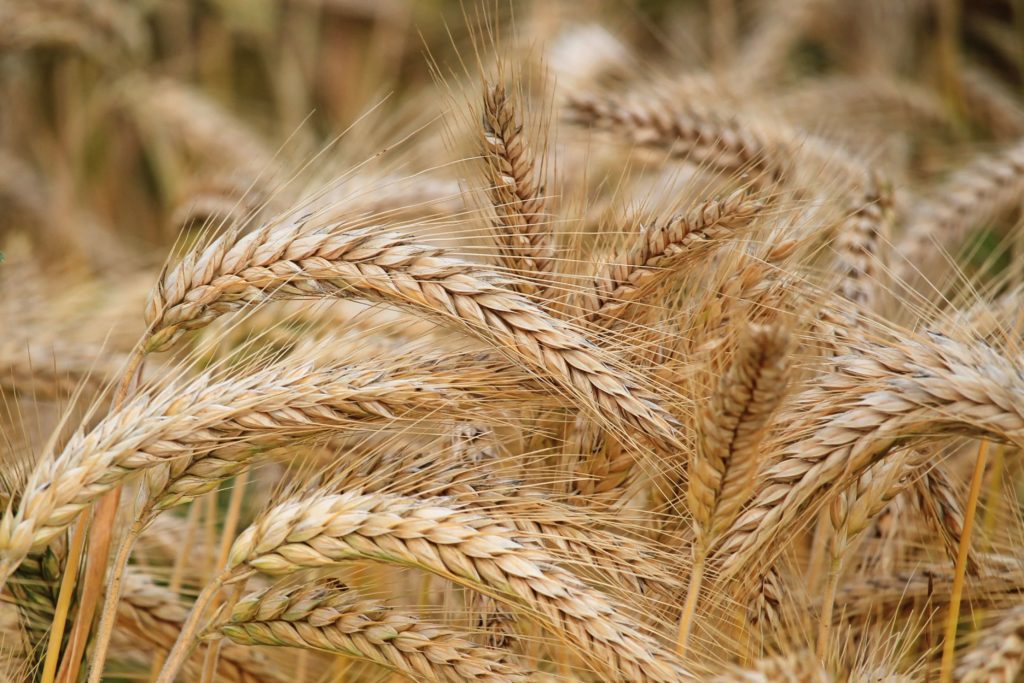Agricultural concept
Did you know that there are environmentally friendly alternatives to fertilizers, but you don't have to sacrifice success in them?
Fertilizer
In agriculture, fertilizers are often used to supply plants and thus stabilize yields. Due to the entry of fertilizers into the soil and the frequent leaching of the soil as a result of heavy precipitation or erosion, nutrients and pollutants enter water bodies and lead to water pollution.
Climate change and water pollution
As a result of climate change, precipitation often falls in autumn and winter, when the soil and plants cannot absorb the water. Unused, water seeps away and washes out nutrients that pollute the groundwater with the known consequences. During periods of drought in summer, water and nutrients are not sufficiently available to the plants. When droughts and heavy rainfall alternate, parched soil cannot adequately absorb and store water. As a result, yields are falling. At the same time, water pollution by fertilizers is increasing. In order to protect drinking water, the federal government insists on its demand to drastically restrict fertilizer applications.

Our concept:
Plants must be adapted to climate-induced environmental changes. In order not to further pollute the soil and waters, natural, innovative and environmentally friendly alternatives must be used in the future. To do this, we would like to work with our plant biostimulants, which consist of natural components, do not contain nutrients and stimulate plant metabolic processes, so that an increase in yield and tolerance to stress factors is possible. Our plant biostimulants are adapted to climate change through their properties and support agriculture to work in harmony with nature.
